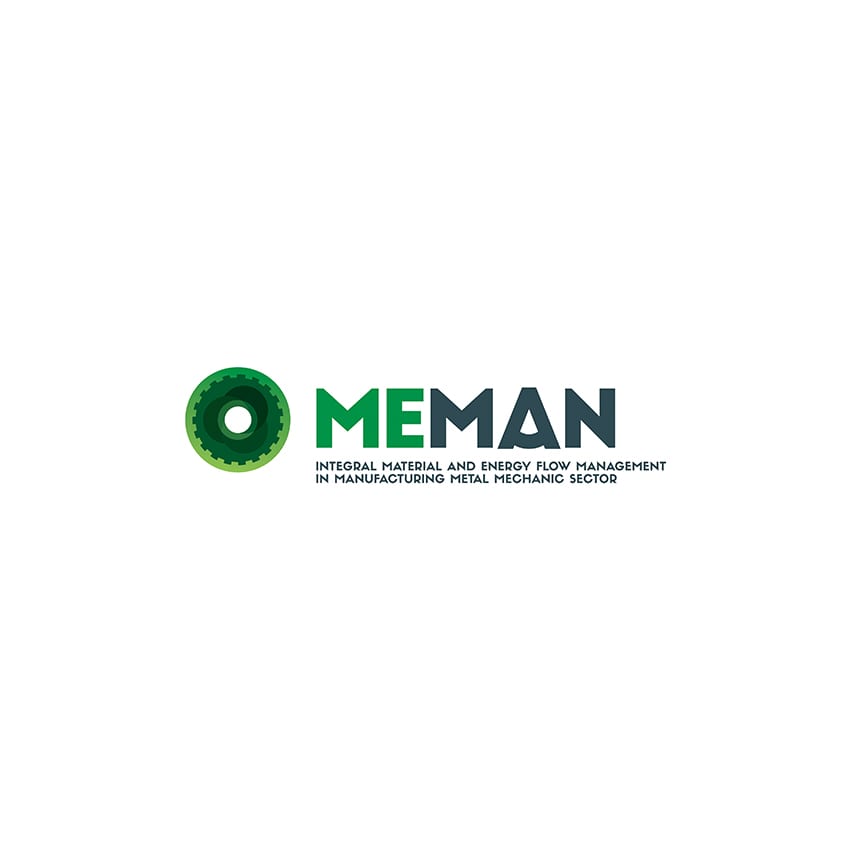
According to Mr. Agwu Ojowu, a senior consultant at Africa Practice, developing the ethanol industry could save the nation about $7.4 billion annually.
He explained that this could be achieved because cassava, one of the sources of ethanol, loses an estimated 40 percent of its yield from the 63 million metric tons of its annual production.
Ojowu pointed out that Nigeria holds 26 percent of global cassava production and that 40 percent of this yield is lost each year. He highlighted that ethanol production could mitigate these losses, enhance economic stability, and capitalize on the depreciating currency to reduce costs.
Ojowu made these remarks in a paper presented at the Major Energy Marketers Association of Nigeria (MEMAN) Competency Centre Series workshop, with the theme “Ethanol as a Biofuel.”
He outlined the significant potential and benefits of ethanol as a renewable energy source for Nigeria, emphasizing its importance in addressing the nation’s energy needs while fostering economic growth and environmental sustainability.
Ojowu noted that Nigeria’s exploration of ethanol began with the 2007 biofuels policy, which mandated a 10 percent ethanol blend in fuel. Despite initial challenges, including the suspension of the policy in 2008 due to blending inconsistencies, he maintained that the potential for ethanol remains significant.
“Ethanol’s cost-effectiveness compared to petrol has historically led to economic arbitrage, suggesting that a well-regulated biofuel market could be economically advantageous,” he said.
According to Ojowu, ethanol offers numerous benefits, including economic, environmental, and agricultural advantages, without necessitating vehicle modifications.
The Nigerian Tribune reports that MEMAN is exploring a range of energy mixes in Nigeria, focusing on closing the existing supply and demand gap in the Nigerian energy market.
MEMAN highlights that ethanol as a biofuel is a transformative energy source with the potential to shape Nigeria’s energy landscape and pave the way for a sustainable and economically robust future.
ALSO READ: Hajj: FCT pilgrims board officials inspect food vendors kitchen in Makkah
The Executive Secretary of MEMAN, Clement Isong, in his closing remarks at the workshop, emphasized the critical role of renewable energy in addressing Nigeria’s energy poverty.
He underscored the importance of diverse energy sources, including biofuels, solar, hydroelectricity, and potential wind energy, to create a balanced and sustainable energy mix.
Isong stated that MEMAN is committed to engaging with the press and industry stakeholders to advocate for energy solutions that meet Nigeria’s needs.
He expressed optimism about the future of renewable energy in Nigeria and the continued efforts to enhance press engagement and industry collaboration.










